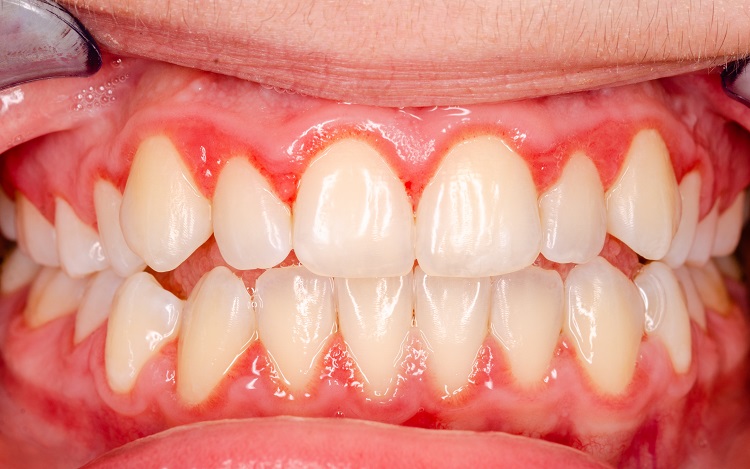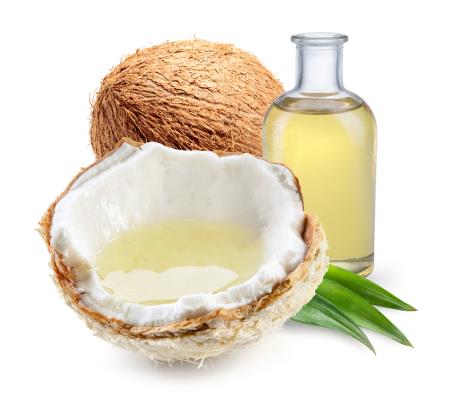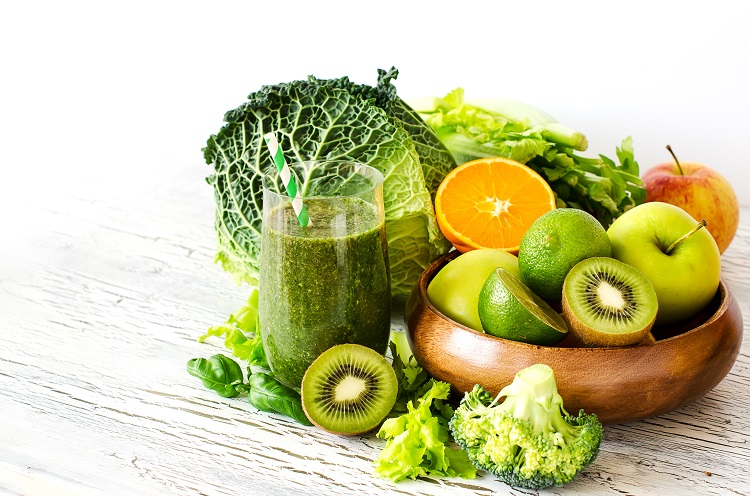Gingivitis: Causes and Treatment
Gingivitis is a reversible form of gum disease. Affecting only the attached and free gingival tissue that surrounds your teeth, bacteria that invades the area below your gumline, known as the sulcus or periodontal pocket, causes gingivitis to develop and eventually manifest into periodontitis, if left untreated.
What is gingivitis?

Anatomically, a tooth has two parts: the tooth itself and the surrounding organs. The gums are one of the surrounding organs, responsible for protecting the tooth from damage. Healthy gums are light pink, firm, neither swollen nor bleeding.
Light or deep red gums are a sign of infection. If the red gums are accompanied by a plaque, swelling, bleeding, and bad breath, you may be suffering from “alarming” gum inflammation. In this case, without timely treatment, the gums will be severely damaged, eventually resulting in periodontitis and lost teeth.
Causes of gingivitis

- Improper oral hygiene, leading to plaque build-up and tartar.
- Bacterial development in the tooth sockets
- Excessive consumption of carbohydrates and sugar
- Smoking or alcohol addiction
- Diabetes
Who is vulnerable to gingivitis?
Not only due to poor oral hygiene habits, but the following cases are also often at higher risk for gingivitis such as:
- Diabetics: High sugar content in saliva facilitates bacteria growth, forming plaque, and causing gingivitis.
- Pregnancy: hormonal changes during pregnancy reduce the immunity of the gums to bacterial attack, leading to gingivitis.
- People suffering from diseases that weaken the immune system, such as leukocytes, HIV, etc.
- People lack essential nutrients such as vitamin C, vitamin PP, ...
Complications of gingivitis

People with gingivitis often experience two stages:
- Localized gum inflammation: At this stage, the inflammation is mild, causing no significant pain. The gums may be red and swollen but the roots are still intact. Mild gum inflammation like this is easy to treat.
- Periodontitis: Without proper treatment, gum recession will occur, revealing the roots, damaging the jaw bone. As a result, the teeth have nowhere to hang onto, and thus, will fall off eventually.
Moreover, gingivitis also leads to other complications such as:
- Chronic gingivitis may result in periodontitis, spreading to adjacent tissues and bone. Loss of teeth is highly likely.
- Oral membranes are prone to necrosis and peeling. Dry mouth may occur due to vitamin A deficiency.
- The risk of stroke, lung inflammation, and heart attack is increased.
How to treat gingivitis
Fortunately, there are simple home remedies for gingivitis. These methods are highly effective and work well for localized gum inflammation.
Use coconut oil as a mouth rinse

Coconut oil contains lauric acid, which has anti-inflammatory and antiseptic properties. Studies show that using coconut oil as a mouth rinse may greatly reduce plaque and other signs of gingivitis.
In addition, swishing with coconut oil also brightens your teeth, freshens up your breath, relieves headaches and stress, and clears up your sinuses.
Use lemongrass essential oil as a mouth rinse
Lemongrass essential oil is much better at fighting off plaque and gingivitis than mouth rinses containing chlorhexidine. It’s recommended to dilute lemongrass essential oil before using to avoid gum irritation.
Use aloe juice as a mouth rinse
Aloe juice doesn’t need to be diluted. 100% pure aloe juice is as effective as chlorhexidine mouth rinse in reducing plaque and gingivitis.
Use guava leaf tea as a mouth rinse
Guava leaves have long been used as a remedy for bad breath. When used as a mouth rinse, guava leaf tea with its anti-bacterial and anti-microbial properties helps manage plaque builds-up, relieve pain, and freshen up your breath.
Treat gingivitis with honey

Thanks to its anti-bacterial and anti-microbial properties, honey is effective in treating gingivitis. The beneficial compounds in honey will destroy the bacteria causing the inflammation, decrease swelling, and make your gums firmer.
Treat gingivitis with lemon juice
Lemon juice has anti-inflammation properties that work against infectious diseases of the gums. In addition, lemon juice is full of vitamin C, which not only helps your gums stay firm and healthy but also gives your immune system a huge boost.
Treat gingivitis with turmeric gel
Studies have proved that turmeric gel may prevent the development of plaque and gingivitis effectively thanks to its anti-inflammation properties. Furthermore, turmeric is also anti-bacterial and anti-fungal, making it the perfect remedy for gum redness and bleeding.
How to prevent gingivitis?

When it comes to gingivitis, prevention is much better than cure, you should:
- Brush your teeth frequently and properly: Brushing is recommended 30 minutes after every meal and before bedtime. While brushing, remember to move the toothbrush vertically or circularly to remove plaque and food particles. Don’t brush horizontally as it may ruin the enamel. Besides, opt for toothbrushes with soft bristles to avoid damaging the soft tissues surrounding your teeth, which may lead to gingivitis.
- Floss after you eat: Floss helps you get rid of the food particles lodged in the gaps between your teeth - these food particles are the culprits behind the plaque, tartar, and gingivitis. Be gentle with flossing to avoid bleeding.
- Use a mouth rinse after brushing: This is the last step in your oral care routine. Swishing with a saline solution or hydrogen peroxide will help you clear up food particles and neutralize oral bacteria, soothing early signs of gingivitis.
- Aim for a healthy diet: A balanced diet with sufficient amounts of all the essential nutrients is the key to improving oral health, keeping the gums strong and firm. Most importantly, don’t forget to stock up vitamin C and calcium - the two nutrients that are great at reducing swelling.
- Relieve stress: As unrelated as it may sound, increased stress has an impact on the levels of certain hormones, particularly cortisol - the one responsible for the swelling and inflammation if your gums. Therefore, you should do your best to de-stress.
Read more: 10 effective and healthy ways to take care of your teeth
Last but not least, if you have gingivitis and are not sure if you should be concerned, don’t hesitate to seek medical help. Experienced dentists will pin down the causes and help you improve your gum health. The good news is that you will not have to live with gingivitis as there are many treatment options for this annoying condition.
Services
Working Time
- Monday - Friday: 08:00 - 19:00
- Saturday: 08:00 - 18:00
- Sunday closed
Contact Info
- Hotline 1: (+84) 908 321 455
- Hotline 2: (+84) 931 857 885
- Mobile: (+84) 8 3925 8778
- Phone: (+84)2 838 258 778
- info@dentalrose.net
- rosedentalclinicvn@gmail.com
 English
English  Tiếng Việt
Tiếng Việt

